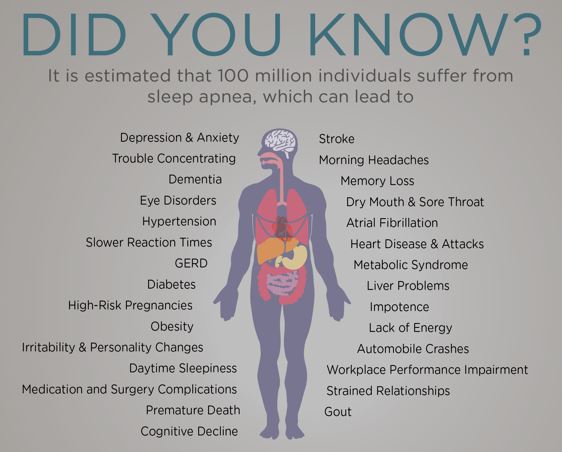The Importance of Sleep for Children as They Head Back to School
The Importance of Sleep for Children as They Head Back to School
As summer winds down and families prepare for the school year, one of the most important back-to-school essentials often gets overlooked: a good night’s sleep.
Adequate rest plays a critical role in children’s physical health, emotional well-being, and academic success. When kids don’t get enough sleep, they may experience difficulty concentrating, mood swings, and lower academic performance—all of which can make the transition back to school more stressful.
Why Sleep Matters for Kids
- Cognitive Performance: Quality sleep improves memory, focus, and problem-solving skills—essential for learning in the classroom.
- Emotional Health: Children who get the recommended hours of sleep are better able to regulate their emotions and handle stress.
- Physical Growth: Sleep is crucial for healthy growth and development, as growth hormones are primarily released during deep sleep.
- Immune System Support: Proper rest helps strengthen the immune system, reducing the risk of illnesses that can keep kids home from school.
How Much Sleep Do Kids Need?
The American Academy of Sleep Medicine recommends:
- Preschoolers (3–5 years): 10–13 hours per night
- School-age children (6–12 years): 9–12 hours per night
- Teenagers (13–18 years): 8–10 hours per night
Tips to Help Children Sleep Better During the School Year
- Create a Consistent Bedtime Routine – Establish a regular schedule that allows children to wind down before bed.
- Limit Screen Time – Turn off TVs, tablets, and phones at least one hour before bedtime.
- Set a Sleep-Friendly Environment – A cool, dark, and quiet bedroom promotes better rest.
- Encourage Physical Activity – Daily exercise helps regulate sleep patterns, but avoid intense activity close to bedtime.
- Model Healthy Sleep Habits – Children often mirror their parents’ behavior, so practicing good sleep hygiene as a family can make a big difference.
Make Sleep a Back-to-School Priority
Just like buying school supplies or preparing healthy lunches, establishing strong sleep routines should be at the top of your back-to-school checklist. Prioritizing sleep can help your child thrive academically, socially, and emotionally this school year.
If your child struggles with falling asleep, staying asleep, or shows signs of a sleep disorder such as loud snoring or daytime fatigue, the specialists at Comprehensive Sleep Care Center are here to help.
Comprehensive Sleep Care Center is proud to serve patients at the following locations:

